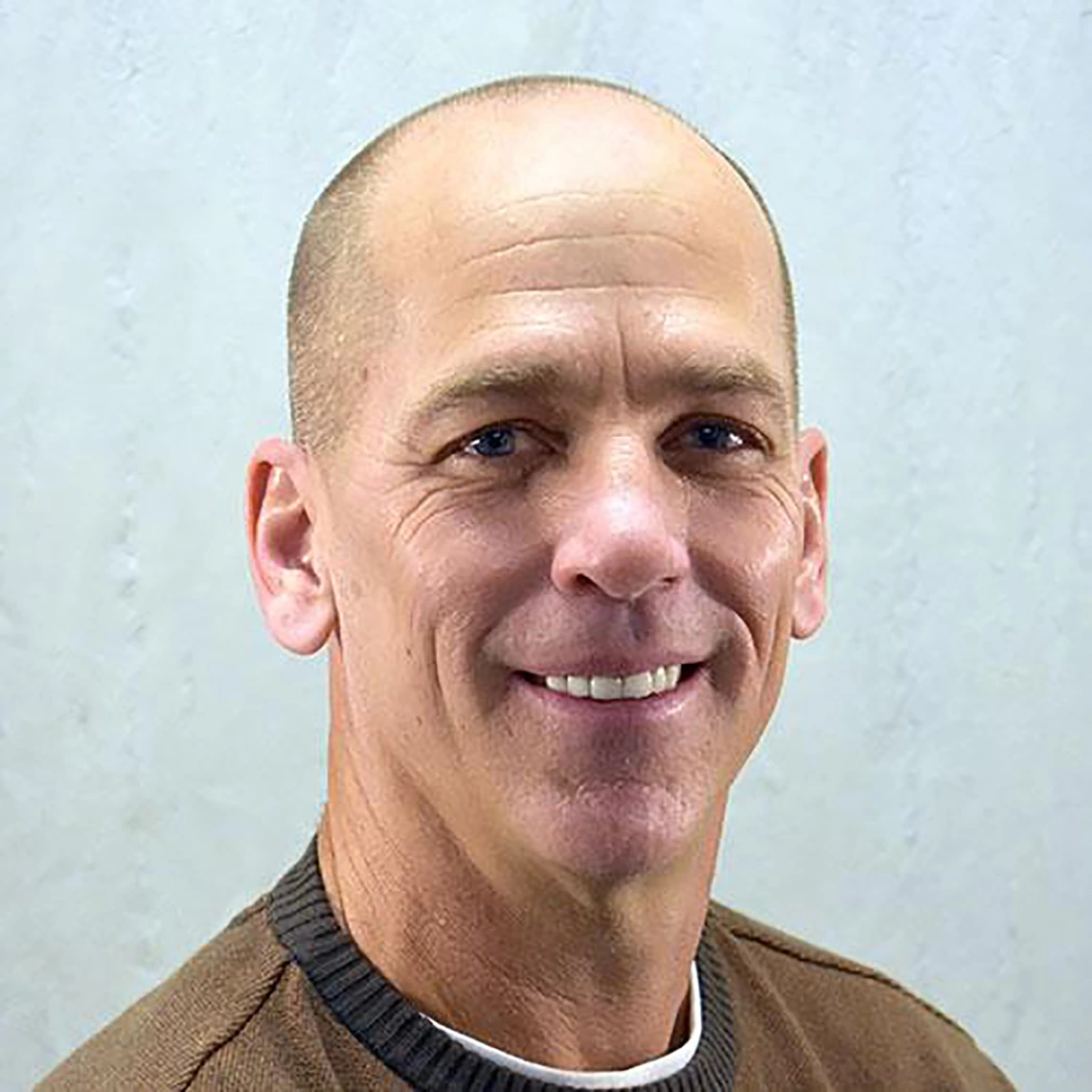SNSW's incoming director envisions a future of collaboration across disciplines
The program we want to be: promoting lifelong wellness for individuals and communities

Ken Wilund
Though Kenneth Wilund has encountered many different definitions of “wellness” in his time, his favorite is one that takes a holistic approach and makes space for each person’s unique circumstances. “I think of wellness as enabling someone to pursue the type of life they want to lead,” he said. “It isn’t enough to consider only physical health, or only mental health, or any other single element. We have to focus on all the different factors that contribute to someone’s wellbeing, and it isn’t going to look the same for everyone.”
As the new Director of the School of Nutritional Sciences and Wellness (SNSW) at the University of Arizona, Wilund plans to take a similar approach in developing the school. “I want us to pursue the type of program we want to be,” he explained. “To fulfill our mission, we need to understand all the issues that our communities face, whether those communities are on campus or out in the wider world. And that is going to require a diversity of opinions, experiences, and people.”
Collaboration has been a hallmark of Wilund’s work throughout his career. He has a background in nutrition and kinesiology, and for the past two decades the bulk of his research has focused on improving quality of life for patients with kidney failure undergoing dialysis. In 2015, he founded the Global Renal Exercise network, an international organization with the goal of fostering multidisciplinary research into exercise as a strategy for improving health outcomes in people with kidney disease. “I really wanted to help these patients achieve better quality of life,” he recalled. “I knew I couldn’t figure it out on my own, so I started to build networks where professionals on all sides of the issue could work together to come up with real, workable solutions.”
Wilund most recently served as the Associate Head of the Department of Kinesiology and Community Health at the University of Illinois at Urbana-Champaign. He was drawn to SNSW in large part because the school offers so many opportunities for growth. “I’ve never had much patience for the silos you sometimes see in academia,” he said. “If you’re going to improve someone’s overall wellbeing, you have to take a multidisciplinary approach. There’s already a lot of that happening here. Even the name of the school highlights collaboration. It’s not just nutritional sciences or just wellness; it’s both.”
He went on to describe his vision for a school that supports the efforts of all its members – students, faculty, alumni, and the broader community. “My primary goal as a leader is to cultivate an environment in which people can thrive,” he said. “I want to build relationships and take advantage of our strengths. I want us to do important work that has a robust impact on the populations we serve.”
